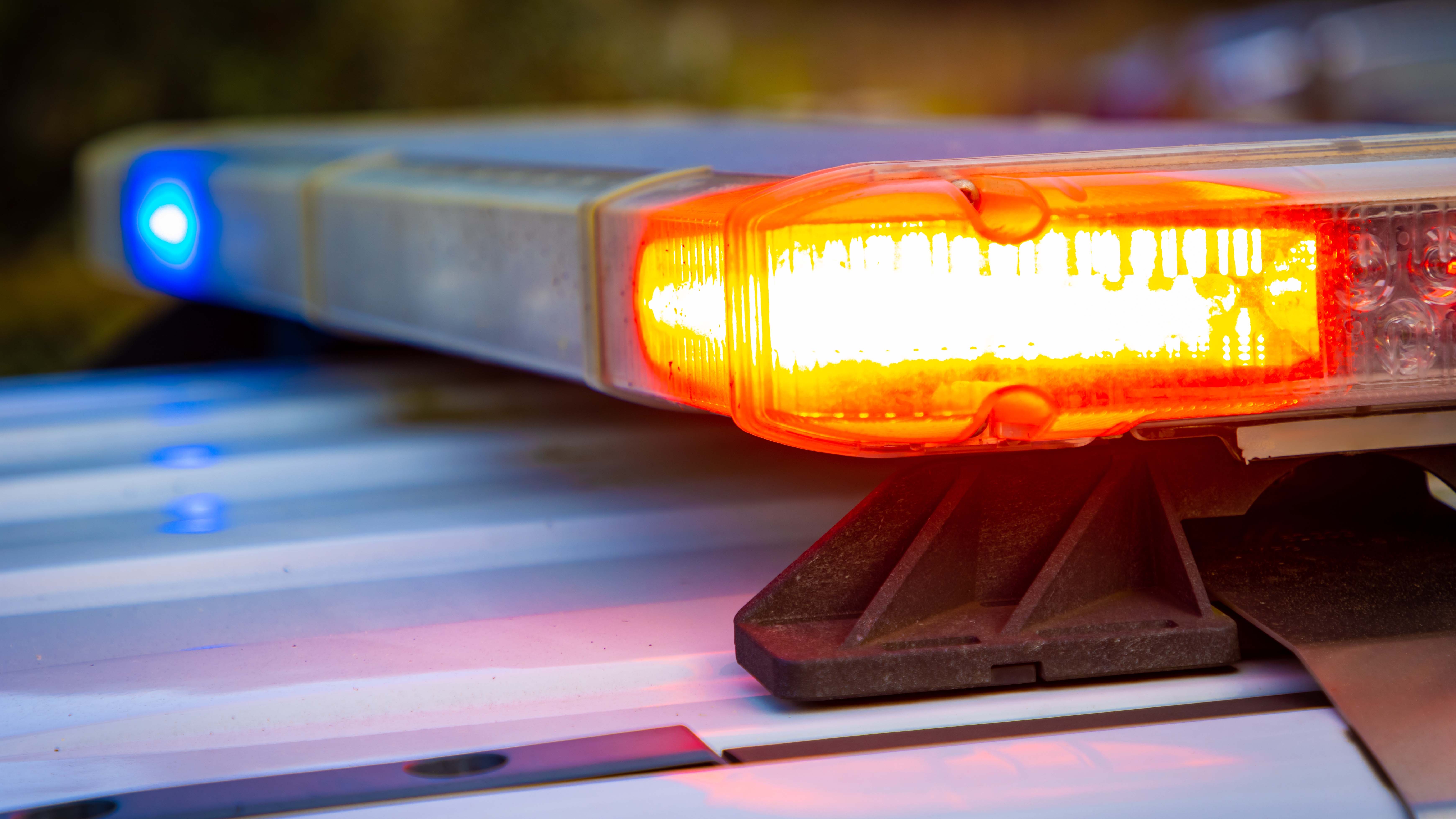The Chicago Department of Public Health failed to meet its routine inspection criteria required by law, the city’s inspector general announced Tuesday.
According to the inspector general’s office, the city's health department only inspected 43.9 percent of high-risk establishments, like restaurants, the required minimum of two times in 2015. Only 80.1 percent of medium-risk establishments, like grocery stores, were inspected and only 24.8 percent of low-risk establishments, like bars, were inspected in 2014 and 2015, the office said.
Inspector General Joe Ferguson said in a statement that the city of Chicago and state of Illinois were both to blame for the failure.
“This audit revealed a curious and troubling landscape respecting an important government function critical to the protection of public health and safety,” Ferguson said. “By presenting one rule on the books, but allowing a lower standard in practice, city and state regulators are knowingly signaling to the public that Chicago’s food establishments are subject to a far more rigorous inspection regime than is the case, undermining public trust and confidence.”
Ferguson said the solution to the problem is for the Illinois and Chicago departments of health to “align regulatory requirements and operational resources at levels that adequately assure public health and safety.” He also said the city should fully fund inspection mandates.
An Illinois Department of Public Health official did not have a response to the audit Tuesday evening, other than to confirm that state certified local health departments receive funding annually through the Local Health Protection Grand to conduct restaurant inspections.
Mayor Rahm Emanuel told reporters Tuesday he had not yet seen the report.
Local
“I have to look at the report and then get comments from the departments that are responsible to make sure that people can go into a bar or restaurant with confidence as it relates to the cleaning,” the mayor said.
In response to the inspector general’s findings, the city’s health department stated it would try to work with the Illinois Department of Health on a revised food inspection regime that will protect public health and make efficient use of the public’s tax dollars. The inspector general’s office estimated that Chicago’s health department would need to hire at least 56 additional sanitarians to meet the current legal requirements.
The inspector general’s audit recommended that the city consider tapping revenue generated by food inspections, cash currently directed to the city’s corporate fund for general use. Food inspection fines and fees currently bear little or no relationship to the actual cost of food inspections, the inspector general’s office said. The city’s health department estimates that it costs $103.84 to conduct a reinspection—more than double the $50 reinspection fee.
Although the audit found Chicago's health department did not conduct enough routine inspections, the inspector general said when violations were identified, the department did conduct timely follow-up inspections, and also responded in a timely manner to public complaints received through the city’s 311 system.



